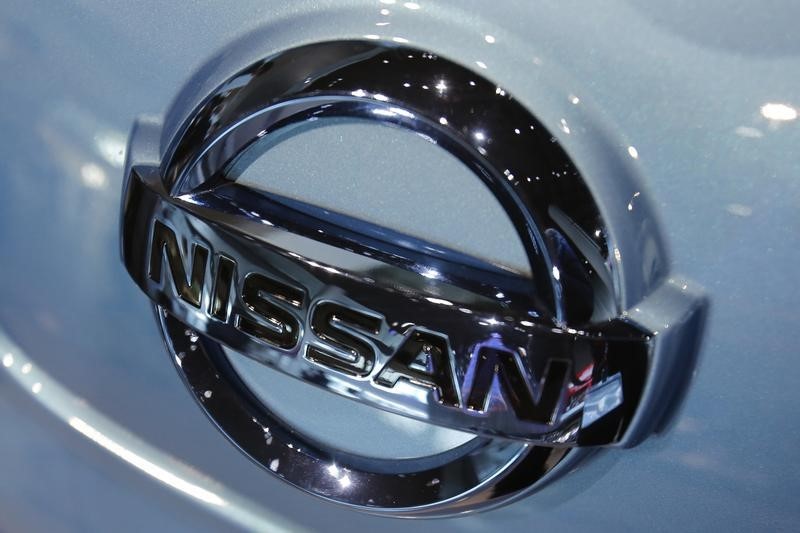By Norihiko Shirouzu
BEIJING (Reuters) - Nissan Motor Co, an early mover in the electric vehicle market, will use the Los Angeles auto show next week to send a message about gasoline-fueled engines: They're not dead yet.
Shinichi Kiga, head of Nissan’s gasoline engine project group, told Reuters the Japanese automaker is resolved to keep improving internal combustion technology to prolong its usefulness for decades to come. A new Infiniti QX50 sport utility vehicle to be unveiled at a media event in Los Angeles on Nov. 28 will highlight one technology Kiga plans to use.
The QX50 will be the industry's first use of a variable compression ratio system. The engine has a maximum thermal efficiency of around 40 percent, as much as twice the level of current gasoline engines in the industry, which average around 20 to 30 percent. Thermal efficiency refers to the power an engine generates from a unit of fuel.
The Nissan/Infiniti VC Turbo illustrates a challenge for policy makers eager to see the end of the internal combustion engine's dominance of transportation. While battery costs for electric vehicles are coming down, improvements in internal combustion engine efficiency could push the moment when electric vehicles achieve cost parity without government subsidies further into the future.
Advancing the internal combustion engine technology is “one of the most overlooked trends in the industry,” James Chao, Asia-Pacific chief of consultancy IHS Markit Automotive, said. “These advances beg the question. Are EVs the best solution to the issue of vehicle greenhouse emissions?”
The newfangled engine, dubbed VC-Turbo for marketing purposes, uses new electronics and software to continually choose an optimal compression ratio for combustion – until now a key factor in the trade-off between power and efficiency in a gasoline-fueled engine.
The turbo-charged, 2-liter, four-cylinder VC-Turbo engine averages 30 to 35 percent better fuel economy than the much bigger 3.5-liter V6 engine it replaces, with comparable power and torque. Nissan says the new engine matches a diesel engine in torque – the amount of thrust that helps determine the car’s acceleration. It is a level of performance and efficiency the conventional gasoline engine has so far struggled to achieve.
Kiga said the VC Turbo system costs thousands of dollars less than a comparable gasoline-electric hybrid car, although a VC Turbo hybrid could be in the offing.
Kiga said his eventual aim is to develop engines for Infiniti and Nissan vehicles that achieve a thermal efficiency of 50 percent.
In a race to make gasoline engines more efficient, Toyota has come up with a 2.4-liter, four-cylinder engine – the one that is equipped in the latest Camry car – which the company claims has a maximum thermal efficiency of 40 percent. That’s an industry-leading level Toyota says it has achieved without relying on technologies such as variable compression but through incrementally improving existing technologies.
Forecasts for the use of internal combustion engines over the next 10 to 15 years vary widely, but few industry officials or consultants are forecasting the end of the technology by 2030, as some government regulators have suggested. Boston Consulting Group, for example, forecast the share of fully electric vehicles at 14 percent by 2030.
Consulting firm IHS Markit forecasts that by 2025 installation of gasoline engines will increase to about 73 percent of light vehicles. Diesel's share is forecast to drop to about 17 percent.
